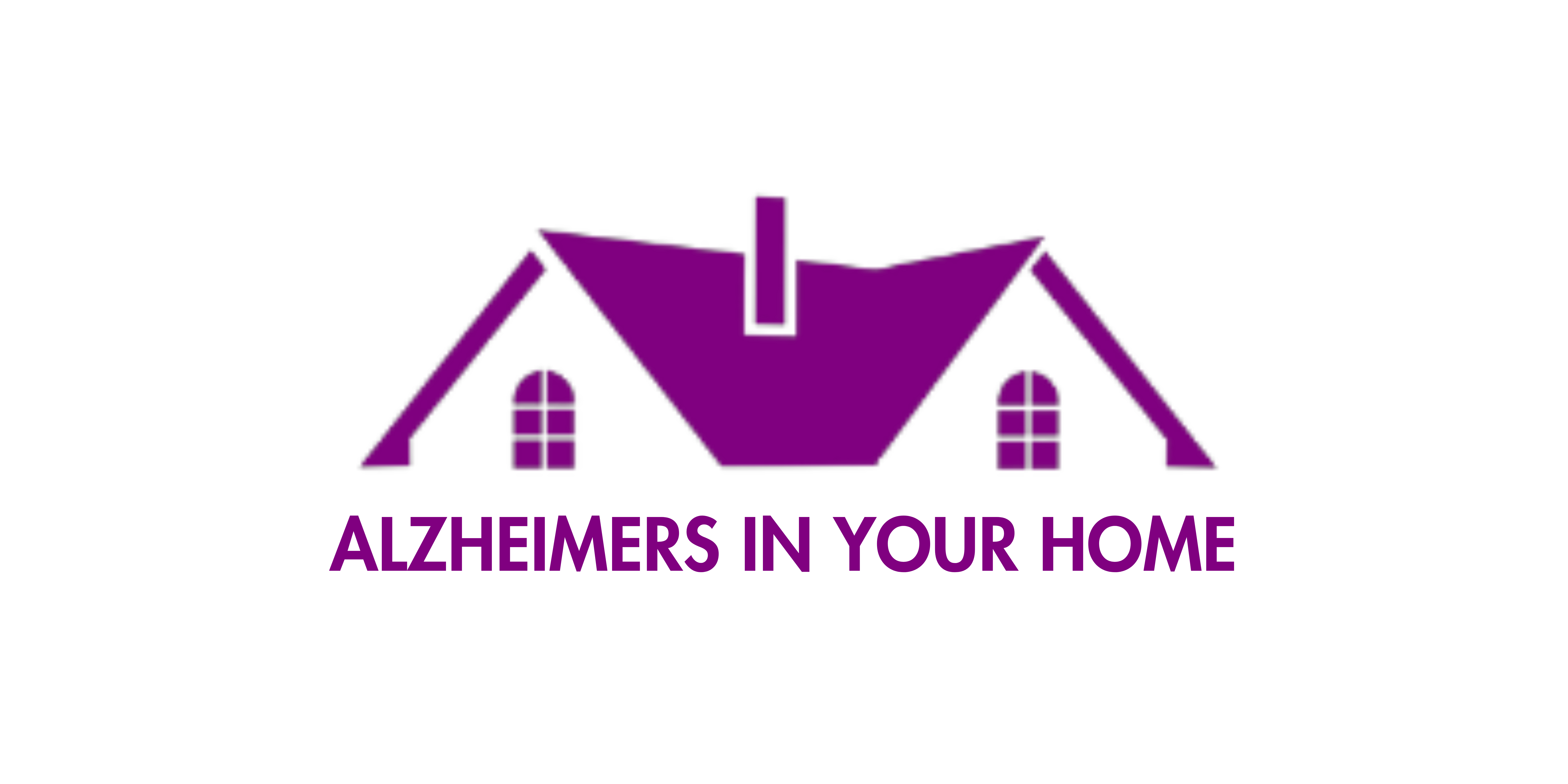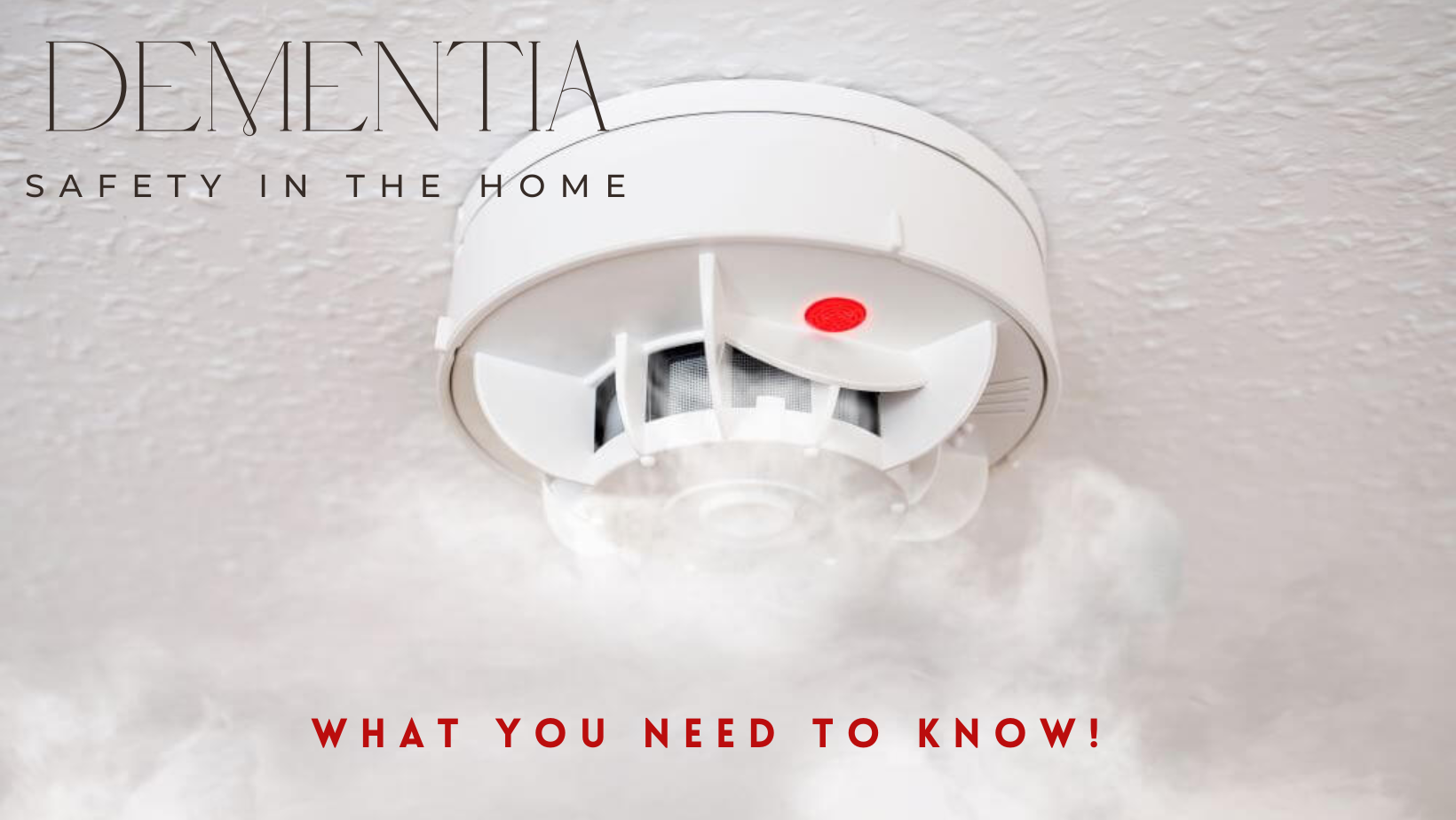As caregivers, our journey involves not only the day-to-day responsibilities but also the profound task of crafting a safe haven for our loved ones navigating the intricate challenges of dementia. This article will explore practical insights and compassionate strategies to create an environment that prioritizes safety and well-being.
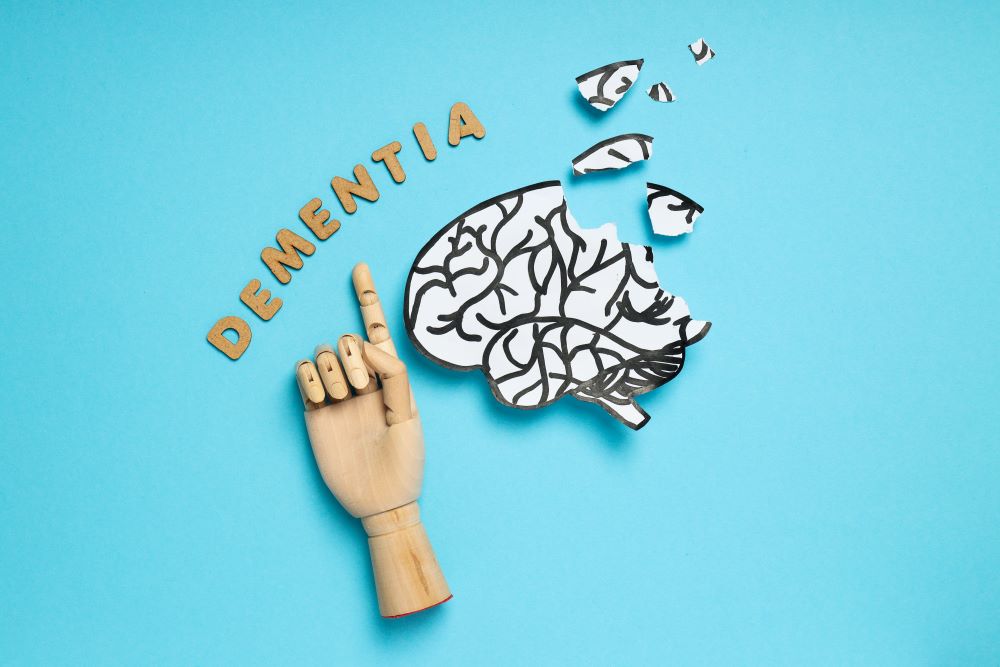
Understanding the safety Needs of Individuals with Dementia
Caring for someone with dementia necessitates a deep understanding of the multifaceted challenges they encounter daily. Memory loss, wandering tendencies, and difficulties in processing information are pivotal aspects of their journey.
Memory loss manifests as a constant companion, eroding recent conversations, events, and even the recognition of close friends or family members. This necessitates an environment that provides a sense of security and continuity, mitigating moments of confusion and disorientation.
Wandering, a behavior commonly associated with dementia, introduces its own set of concerns. Fueled by a desire to explore familiar places or spurred by restlessness, individuals may wander away from the safety of their homes, elevating the risk of accidents and injuries.
Difficulty in processing information adds another layer of complexity. Simple tasks that we take for granted become formidable challenges. In light of these difficulties, a safe environment becomes a stabilizing force, offering clarity and support in their daily lives.

Addressing Potential Hazards
Understanding the potential hazards our loved ones may face is crucial in creating a secure environment. Here are some key areas to consider:
Accidents:
- Slips and Falls: Individuals with dementia may experience balance issues, increasing the risk of slips and falls. Ensure pathways are clear and flooring is slip-resistant. Find additional insights and resources on fall prevention HERE.
- Kitchen Mishaps: Cooking can become challenging as cognitive abilities decline. Implement safety measures like automatic stove shut-off devices to minimize kitchen-related accidents. Find additional insights and resources on kitchen safety HERE.
Wandering:
- Exiting Unsupervised: Individuals with dementia may wander away from safe spaces. Consider installing door alarms or locks to prevent unsupervised exits.
- Navigating Unsafe Areas: Ensure spaces prone to potential hazards, like stairs or rooms with sharp objects, are secure or restricted.
Find additional insights and resources on wandering HERE.
Bathroom Safety:
The bathroom presents specific challenges; therefore, it requires special attention to ensure safety:
- Non-slip Mats: Place non-slip mats both inside and outside the shower or bathtub.
- Grab Bars: Install sturdy grab bars near the toilet and in the shower to provide additional support.
- Clear Pathways: Ensure clear pathways in the bathroom to prevent tripping hazards.
- Proper Lighting: Good lighting is crucial, especially in the bathroom. Install bright, easily accessible lighting to enhance visibility.
Find additional insights and resources on bathroom safety HERE.
Overall Home Safety:
Crafting a comprehensive, safe environment involves considering every corner of the home. To assist you further, we’ve prepared a Home Safety Checklist tailored to the unique needs of individuals with dementia.
This checklist helps you walk through each area of your home and identify areas with safety hazards.
Other Safety Concerns
Emergency Preparedness:
In the realm of dementia caregiving, being prepared for emergencies is paramount. Individuals with dementia may face challenges in responding to or communicating during emergencies. Therefore, having a clear plan in place ensures the safety and well-being of your loved one.
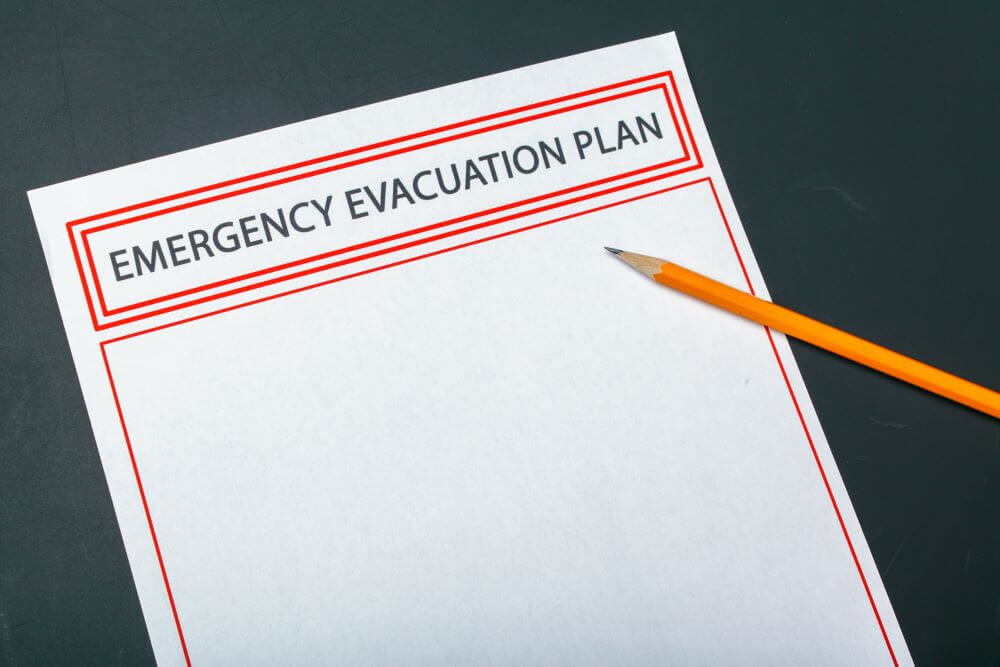
Develop a Comprehensive Emergency Plan:
- Accessible Exits: Identify and ensure clear pathways to accessible exits. In the event of an emergency, having unobstructed routes can be critical. Consider using clear signage or markers for easy navigation.
- Emergency Contact Information: Maintain an up-to-date list of emergency contacts. This should include primary healthcare providers, family members, and neighbors. Share this information with relevant parties, such as neighbors or emergency services.
- Communication Strategy: Establish a clear communication strategy. Ensure that your loved one wears an identification bracelet with pertinent information, and consider creating a document that includes their medical history, medications, and any specific needs.
- Emergency Kit: Prepare a readily accessible emergency kit that includes essential items such as medications, medical records, identification, a change of clothes, and comfort items. Store the kit in an easily accessible location known to both you and your loved one.
Medication Safety:
Medication management is a crucial aspect of dementia caregiving. Individuals with dementia may struggle with adhering to medication schedules, making it imperative to establish a secure system.

Secure Medications Effectively:
- Locked Medication Storage: Store medications in a locked cabinet or container. This adds an extra layer of security, preventing accidental or intentional misuse.
- Dispensing Aids: Consider using medication dispensers with alarms or timers. These aids can provide audible reminders, ensuring that doses are not missed, and can contribute to a more structured medication routine.
- Regular Medication Reviews: Schedule regular medication reviews with healthcare professionals. This ensures that the prescribed medications are current, appropriate, and do not interact adversely.
- Detailed Medication Schedule: Create a detailed medication schedule that includes dosage instructions, potential side effects, and the purpose of each medication. This aids in communication with healthcare providers and serves as a quick reference for any emergencies.
- Routine Administration: Administer medications at consistent times each day. Establishing a routine helps your loved one anticipate and cooperate during the medication process. Track any missed doses and share information with your healthcare provider to prevent complications.
Find additional insights and resources on medication HERE.
Dementia and Gun Safety:
Caring for someone with dementia requires a comprehensive approach to safety, encompassing various aspects of daily life. One critical area that demands careful attention is gun safety. As a caregiver, understanding and addressing this issue can significantly contribute to the well-being of your loved one.

Understanding the Risks:
Individuals with dementia may experience cognitive decline, affecting judgment, reasoning, and the ability to handle complex tasks. This raises concerns about their interaction with firearms, as impaired cognitive functions may lead to unintended consequences.
Key Considerations:
Assessment of Competency:
Regularly assess your loved one’s cognitive abilities and judgment. If there are signs of significant decline, it may be necessary to reevaluate their ability to safely handle firearms.
Secure Storage:
Store firearms securely in a locked cabinet or gun safe. Restrict access to the keys or combination to prevent unauthorized use.
Unload and Disable:
Consider removing ammunition and disabling the firearm when not in use. This extra step enhances safety by reducing the risk of accidental discharge.
Educate Family Members:
Ensure that family members and those who share the living space with your loved one are aware of the precautions in place. Education promotes a shared responsibility for safety.
Seek Professional Advice:
Consult with healthcare professionals, including the loved one’s primary care physician or a geriatric specialist. They can provide insights into the individual’s capacity to handle firearms safely.
When to Limit Access:
Confusion or Agitation:
Limit access to firearms during periods of confusion or agitation. These situations may increase the risk of accidents or inappropriate use.
Changes in Behavior:
If there are noticeable changes in behavior, such as increased aggression or impulsivity, it may be prudent to reassess firearm accessibility.
Communicating Openly:
Engage in open and honest communication with your loved one about the potential risks and the necessity for safety measures. Approach the conversation with sensitivity, focusing on maintaining a supportive and understanding atmosphere.
Seeking Professional Guidance:
If you find yourself facing challenges in managing gun safety in the context of dementia caregiving, consider seeking advice from professionals specializing in dementia care or geriatric psychiatry. They can provide tailored recommendations based on your loved one’s unique situation.
Dementia and gun safety demand proactive measures and open communication. By implementing these precautions, you contribute to a safer environment for your loved one and everyone involved in their care.
Find additional insights and resources on gun safety HERE.
📣 Attention Dementia caregivers🔊
𝑼𝒏𝒅𝒆𝒓𝒔𝒕𝒂𝒏𝒅𝒊𝒏𝒈 𝒕𝒉𝒆 𝒑𝒓𝒐𝒈𝒓𝒆𝒔𝒔𝒊𝒐𝒏 𝒐𝒇 D𝒆𝒎𝒆𝒏𝒕𝒊𝒂 𝒊𝒔 𝒌𝒆𝒚!
Our guide on when to call the doctor is a must-read.

Practical Tips for a Safe Home Environment
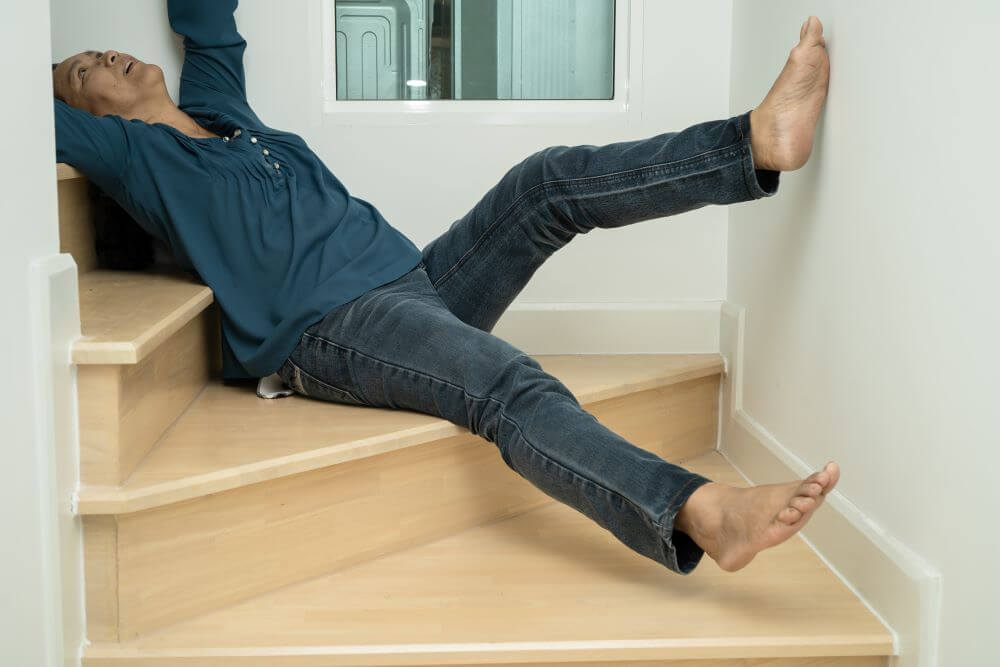
Implement Safety Measures:
- Secure Potentially Harmful Items: Lock away medications and cleaning supplies.
- Childproof Cabinets: Use locks to keep dangerous items out of reach.
- Wandering Prevention: Consider door alarms to prevent wandering while maintaining freedom.
Establish Consistent Routines:
- Emphasize Stability: Highlight the importance of daily routines for a sense of predictability.
- Structured Activities: Create a schedule for daily activities, adding familiarity to each day.
Promote Emotional Well-being:
- Familiar Surroundings: Include comforting items in the environment.
- Create a Calming Atmosphere: Opt for soft colors and familiar decor.
- Encourage Positive Interactions: Foster emotional support through positive interactions with family and caregivers.
Tips for Caregivers in Different Settings
Whether you’re providing care at home, in an assisted living facility, or a nursing home, tailoring the environment to the unique needs of individuals with dementia is paramount. Each setting comes with its own set of challenges and opportunities. Here are some tailored tips for caregivers in various settings:

Home Care:
Personalized Spaces: Create a familiar and comfortable environment within the home. Use familiar items and arrange spaces to promote ease of navigation.
Routine Reinforcement: Establish consistent daily routines to provide a sense of predictability. Familiarity in daily activities can contribute to a more comfortable atmosphere.
Family Involvement: Encourage family members to participate actively in caregiving. Shared responsibilities and emotional support can make the home caregiving experience more manageable.
Assisted Living Facilities:
Engage in Facility Activities: Many assisted living facilities offer activities designed for cognitive stimulation. Encourage your loved one to participate in these activities to promote mental well-being.
Communication with Staff: Foster open communication with the facility staff. Share insights about your loved one’s preferences, routines, and any changes in their behavior to ensure personalized care.
Visit Frequently: Regular visits help maintain a connection and provide emotional support. Participate in facility events to strengthen your bond with your loved one.
Find Peace Amidst the Storm!
Dementia caregiving can be overwhelming, but it doesn’t have to be. Say goodbye to the confusion and chaos.
Our Caregivers Notebook “Alzlog” can help you find the confidence, organization, and control you’ve been searching for.
Take the first step towards transformation now.


Nursing Homes:
Collaborate with Healthcare Professionals: Engage with the healthcare professionals at the nursing home to stay informed about your loved one’s medical care. Regular communication ensures a comprehensive understanding of their needs.
Advocate for Individualized Care: Advocate for personalized care plans that address your loved one’s specific requirements. This includes considerations for their unique preferences, routines, and any evolving health conditions.
Create a Homely Feel: Bring in familiar items from home, such as photographs or favorite blankets, to create a sense of familiarity within the nursing home environment.
Transitions Between Settings:
Smooth Transition Planning: If your loved one needs to transition from one setting to another, plan the transition carefully. Communicate with both the current and future care teams to ensure continuity in care.
Maintain Consistency: As much as possible, aim to maintain consistent routines and familiar elements during transitions. This helps ease the adjustment period for your loved one.
Emotional Support: Transitions can be emotionally challenging for both the individual with dementia and the caregiver. Seek emotional support from friends, family, or support groups during these times.
By tailoring your approach to the specific setting, you can enhance the caregiving experience for both yourself and your loved one. Remember, you are not alone on this journey. Seek support, stay informed, and continue to be the compassionate caregiver who makes a significant difference in the life of someone with dementia.
Conclusion:
Crafting a safe environment for individuals with dementia is not just a responsibility; it’s an expression of love. As caregivers, we hold the power to shape a world that brings comfort and security to those we cherish. Together, let’s navigate this journey, offering mutual support in the noble cause of caregiving.💜
The Dementia Caregiver Blog Library
Activities, Advanced Directives, Agitation, Apathy, Approach, Apps for Caregivers, Basic Caregiving, Bathing, Bathroom Safety, Caregiver Burnout, Caregiver Compassion, Caregiver Emotions, Caregiver Help, Caregiver Loneliness, Caregiver Support, Cold & Flu Season, Communication Challenges, Dehydration, Dementia Complications, Dementia Doctors, Dementia Safety Home, Dementia Types, Dementia-Friendly, Dressing Issues, Driving Safety, Eating Problems, Fall Prevention, Family Help, Finances, Guns & Dementia, Harm Prevention, Healthcare, Help at Home, Hiding Dementia, Holidays, Hospice, Hospital Stay, In-Between Stage, Kitchen Safety, Laughter, Legal Healthcare, Marijuana use, Medication Tips, Music, Nutrition, Pain, Patience, Poop Problems, Relationships, Reminiscing, Routine, Safety, Sense of Purpose, Shadowing, Sleep Issues, Stages of Dementia, Sundowning, Television, Time Travel, Traveling, Toileting, Wandering
Exploring Caregiving Tools & Resources? Don't Forget to Check Out My Resource Page! 🌟
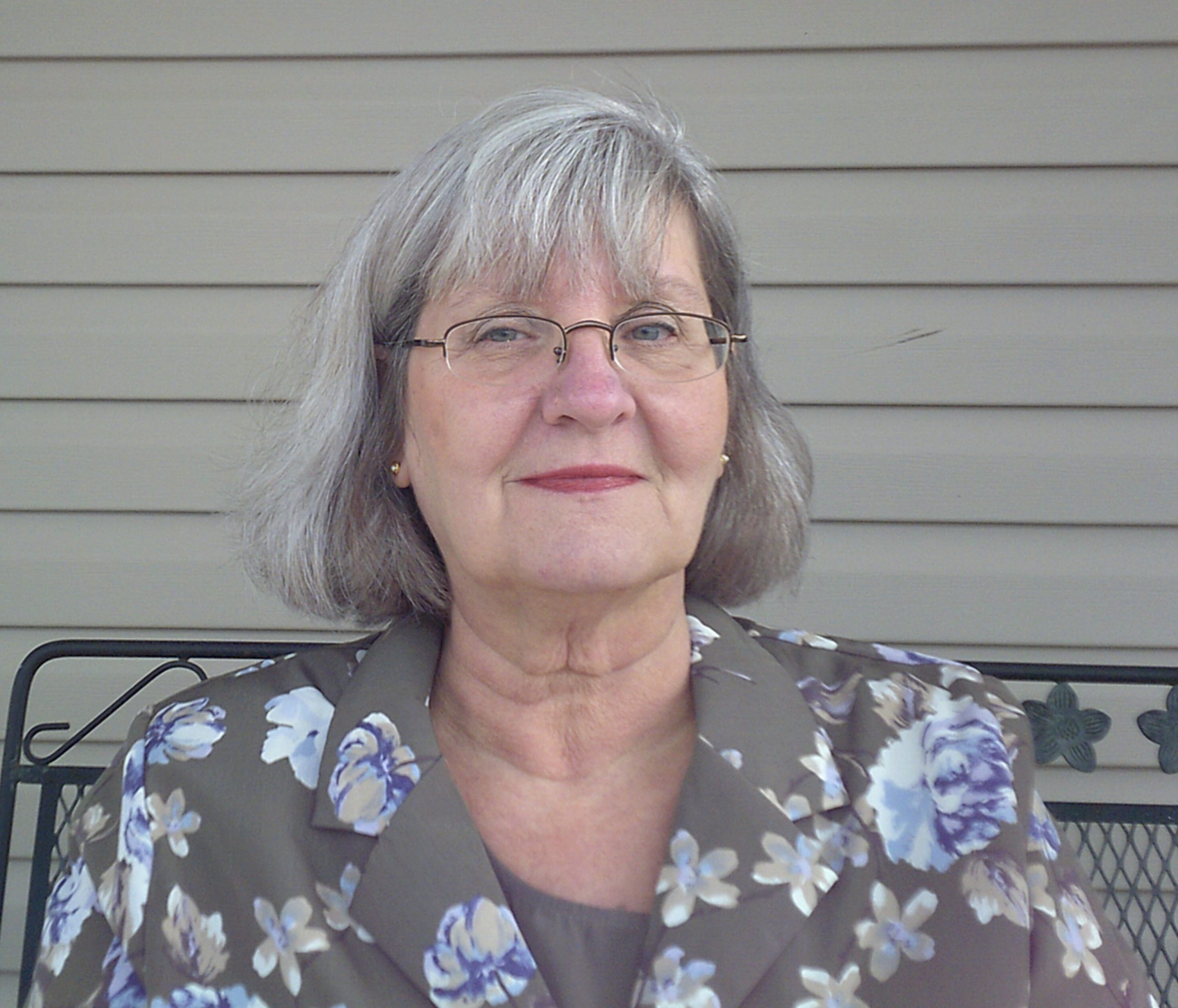
Hi, I’m Larea, a Certified Dementia Specialist and Registered Nurse with 30 years of hands-on experience helping dementia patients in various settings, from hospitals to nursing homes and hospice. Drawing on personal experiences with my family members and patients over the years, I’m here to help guide you on your caregiving journey.
